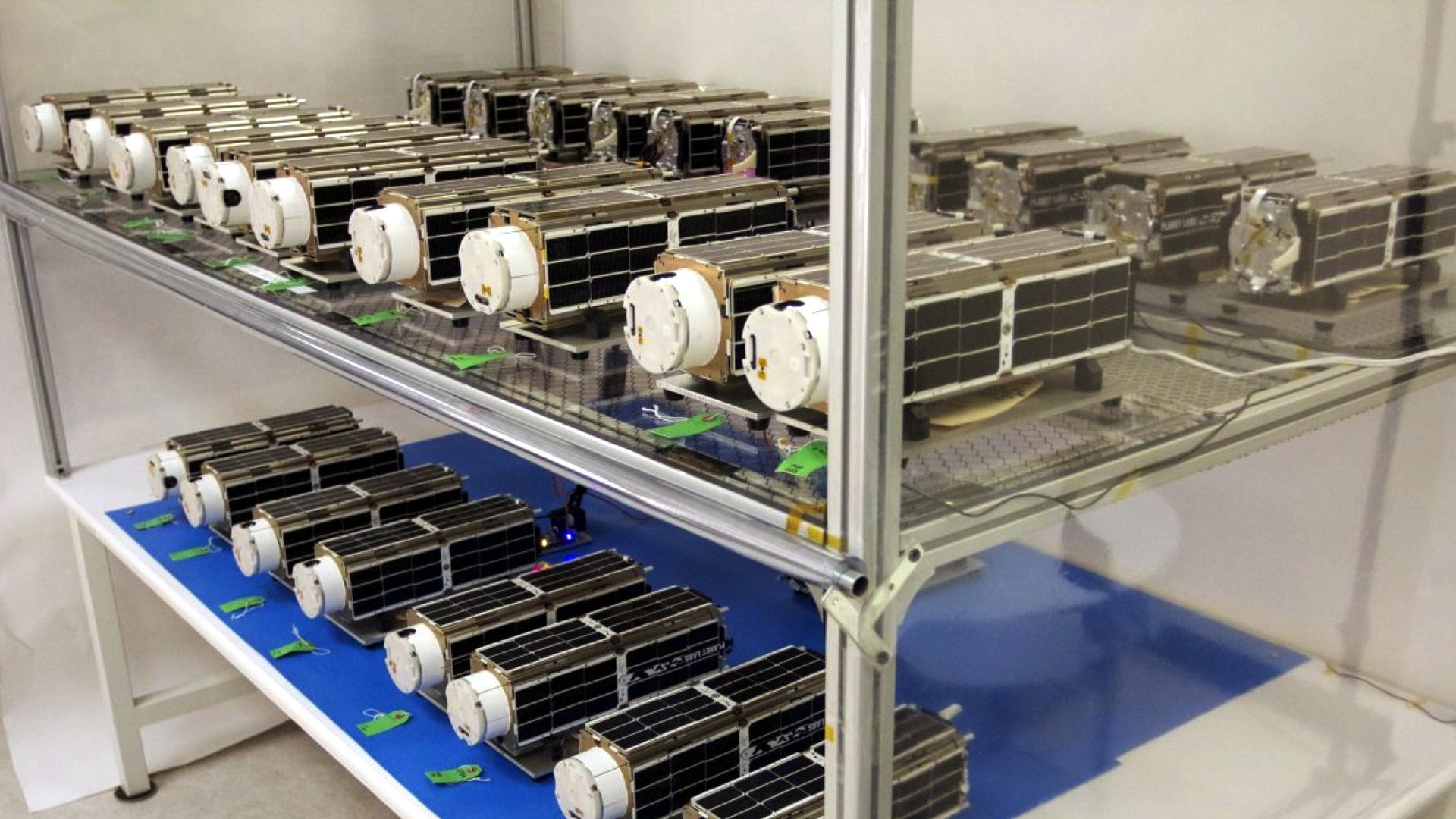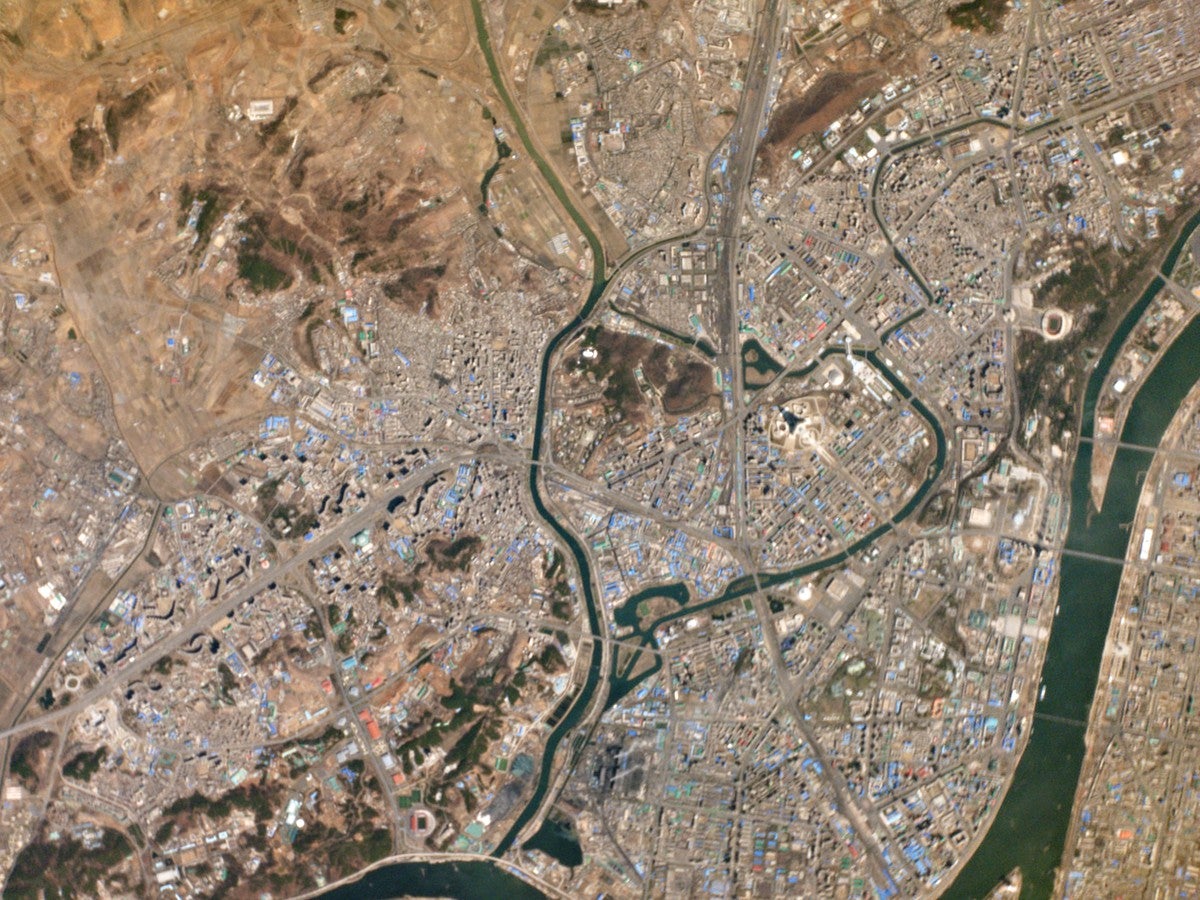Investors lose $24 million in satellite intelligence tie-up gone wrong
Planet, a leading satellite start-up, photographs the entire landmass of the earth every day with more than 150 satellites. The challenge now is monetizing that information. Last year, the company thought it had a solution with the acquisition of Boundless Spatial, which builds software to manage and analyze geospatial data.


Planet, a leading satellite start-up, photographs the entire landmass of the earth every day with more than 150 satellites. The challenge now is monetizing that information. Last year, the company thought it had a solution with the acquisition of Boundless Spatial, which builds software to manage and analyze geospatial data.
Boundless, it was thought, had strong relationships with the National Geospatial Intelligence Agency (NGA). The NGA acts as a kind of geographical library for the military and its intelligence services, and is a sought-after customer for geospatial data providers. Planet executives were excited about utilizing Boundless employees with security clearance in a new subsidiary, Planet Federal, dedicated to making their product more useful to the government.
But weeks after the transaction closed in May 2019, Boundless’ shareholders—which include Vancouver-based Vanedge Capital and In-Q-Tel, the CIA-backed venture fund—received a letter from Planet’s attorneys. It asserted that executives at Boundless had failed to disclose “information concerning material customer contracts” and threatened a lawsuit.
According to documents reviewed by Quartz, the two sides agreed in subsequent negotiations that the failed disclosure should reduce the price of the acquisition (and the gains of Boundless’ investors) by more than half, from $40 million to $16 million. In recent years, the nascent satellite sector and related fields like geospatial data analysis have received hundreds of millions of dollars in private investment, but profitable exits are still few and far between. The re-writing of this deal suggests the search for reliable revenue in satellite data is still on-going.
The mystery, at least from the outside, is what the Boundless executives failed to disclose, or what Planet’s due diligence missed. One source familiar with the situation and not authorized to discuss it told Quartz they concerned Boundless’ work or future work for the NGA. Boundless moved its headquarters to St. Louis, Missouri in 2017 in part because the NGA is building a new campus there.
“The terms of Planet’s transaction with Boundless are confidential and we cannot comment,” a Planet spokesperson told Quartz. “We’re happy to report that the acquisition has been completed and Boundless is now Planet Federal. Planet Federal will focus on growing Planet’s U.S. government business, delivering Planet’s commercial products in support of government requirements as they increasingly look toward commercial products and services.”

Neither Vanedge nor In-Q-Tel responded to repeated queries from Quartz about the merger. Several former Boundless employees would not comment due to non-disclosure agreements put in place during the transaction.
As an intelligence agency, the NGA’s budget is classified and its contracts are not found in the Federal Procurement Data system. But a spokesperson said that all contracts over $7.5 million are announced on its website. Boundless is listed as receiving a $36 million contract in 2017, but no additional contracts have been posted since then. The NGA is now paying Planet about $1 million a month for access to its data, part of a relationship dating back to 2016.
Planet did not retain an investment bank to handle this acquisition, instead doing the deal itself, after two previous successful acquisitions of satellite operators Black Bridge in 2015 and Terra Bella in 2017.
“I’ve known the Boundless team forever,” Planet co-founder Robbie Schingler told Quartz in December 2018. “It’s a really small industry, people that are in geospatial.”